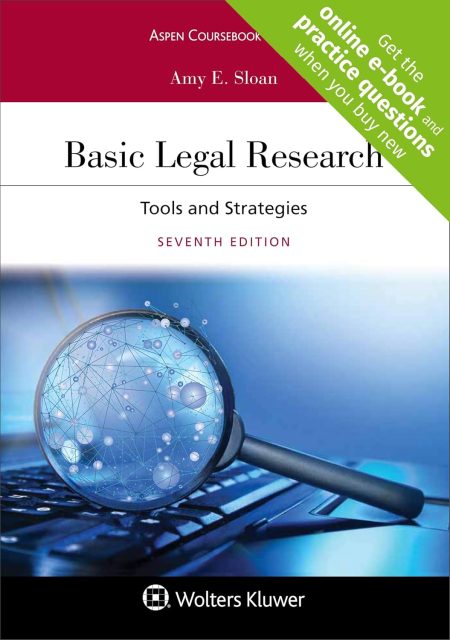Description
Survivors of conversion practices – interventions designed to prevent people from being trans – have likened them to torture. In the last decade, bans on these deeply unethical and harmful acts have proliferated, and governments across the world are considering following suit. However, despite this political momentum, few governments, scholars, or advocates have focused on the conversion experiences of transgender people. Banning Transgender Conversion Practices centres trans realities to rethink and push forward the legal regulation of conversion therapy. Florence Ashley considers pivotal questions for anyone studying or working to prevent these harmful interventions. What is the scope of the bans? How do they differ across jurisdictions? What are the advantages and disadvantages of legislative approaches to regulating trans conversion therapy? How can we improve these prohibitions? In answering these questions and more, they synthesize statutory interpretation, comparative and constitutional analysis, bioethics, the sociology of professions, and policy evaluation to conclude that preventing conversion efforts necessitates affirmative healthcare professional cultures and the adoption of detailed laws that clearly communicate which practices are banned. Importantly, Banning Transgender Conversion Practices analysis culminates in a carefully annotated model law that offers meticulous guidance for legislatures and policymakers.










